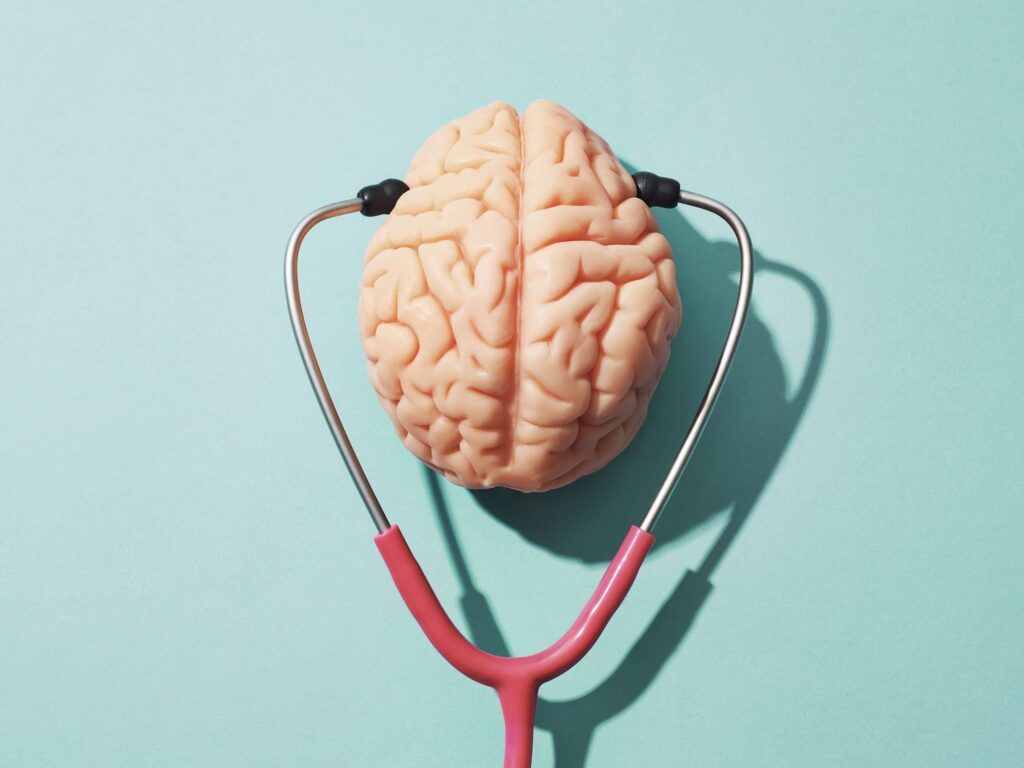If you or someone you know is experiencing intense emotional distress or an inability to cope with daily life, it’s important to recognize the signs of a mental breakdown. A mental breakdown, also known as a nervous breakdown, is a term used to describe a temporary or prolonged period of intense emotional distress.
Five Fast Facts:
- A mental breakdown, also known as a nervous breakdown, is a term used to describe a temporary or prolonged period of intense emotional distress or an inability to cope with daily life.
- Mental breakdowns can affect anyone, regardless of age, gender, or background.
- Common signs and symptoms of a mental breakdown include feelings of overwhelm, exhaustion, anxiety, depression, and loss of control.
- Causes of a mental breakdown can be triggered by a range of factors, including chronic stress, trauma, or a major life change.
- Seeking help and support from mental health professionals and loved ones is key to recovery and long-term mental well-being.

What is a Mental Breakdown?
A mental breakdown is not a medical diagnosis, but rather a term used to describe a period of intense emotional distress or an inability to cope with daily life. This can manifest in a range of symptoms, including feelings of overwhelm, anxiety, depression, and loss of control.
Common Signs and Symptoms of a Mental Breakdown
The signs and symptoms of a mental breakdown can vary from person to person, but some of the most common include:
- Intense feelings of overwhelm and anxiety
- Emotional exhaustion and burnout
- Loss of appetite and changes in sleep patterns
- Persistent feelings of sadness, hopelessness, or despair
- Difficulty concentrating or making decisions
- Increased irritability or anger
- Withdrawing from social activities and relationships
Causes of a Mental Breakdown
A mental breakdown can be triggered by a range of factors, including chronic stress, trauma, or a major life change such as a divorce or loss of a loved one. It can also be a result of an underlying mental health condition such as depression, anxiety, or post-traumatic stress disorder (PTSD).
Coping Strategies for a Mental Breakdown
If you or someone you know is experiencing a mental breakdown, there are a few coping strategies that can help. Some of the most effective strategies include:
- Practicing self-care through activities like exercise, meditation, or spending time in nature
- Seeking support from a mental health professional, such as a therapist or counselor
- Building a support network of trusted friends and family members who can provide emotional support
- Taking time off from work or other responsibilities to prioritize rest and recovery
- Exploring medication or other treatment options if recommended by a mental health professional
Seeking Help and Support for a Mental Breakdown
It’s important to seek help and support if you or someone you know is experiencing a mental breakdown. Mental health professionals such as therapists or counselors can provide guidance and support for those experiencing mental health struggles. Additionally, building a support network of trusted friends and family members can help provide emotional support and encouragement
Seek Professional Help
If you or a loved one is experiencing symptoms of a mental breakdown, it is important to seek professional help. A mental health professional, such as a therapist or psychiatrist, can provide a diagnosis and develop a treatment plan tailored to your specific needs. They can also provide support and guidance throughout the recovery process.
Remember that it is okay to ask for help, and seeking treatment can help you feel better and regain control of your life.
In conclusion, a mental breakdown can be a difficult and overwhelming experience. However, by recognizing the signs and symptoms and taking steps to manage stress and prioritize self-care, you can reduce your risk of experiencing a mental breakdown. If you or a loved one is struggling, remember that there is hope and support available. Don’t hesitate to seek professional help to ensure your mental health and wellbeing.
